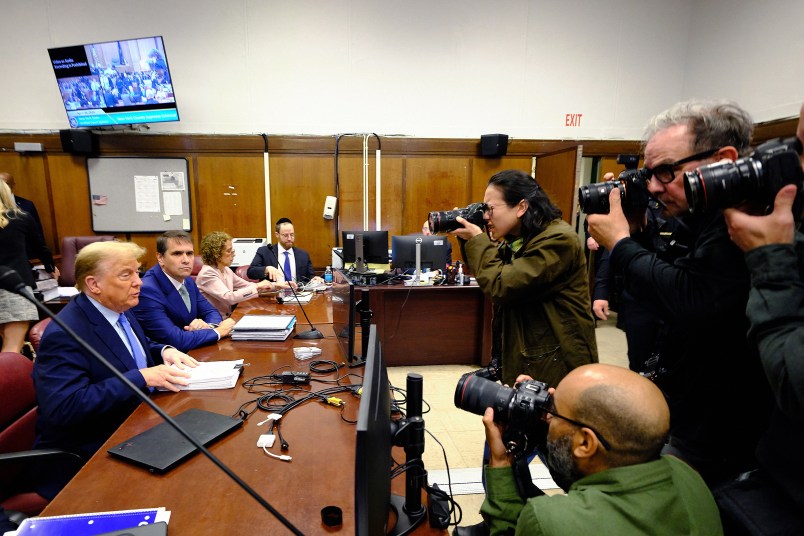The more you think about Senate Dems’ current tax cut schism, the less clear the smartest choice becomes in pure governing terms.
Politically, the appeal of the Schumer plan is obvious. A millionaires tax. It was popular when House Democrats proposed a (somewhat) similar surtax on millionaires during the health care debate, and it’s still popular. Being on the wrong side of that proposal will always be sticky.
At a glance the arguments against the Schumer plan on the merits are pretty compelling, but in fact they’re much less cut and dry. Yes, it would cost a lot of money. And, yes, it could shift our political elites’ working definition of “middle class” dramatically in the wrong direction.
But consider the likeliest alternative: Dems agree to a two year extension of all the tax cuts in exchange for a few goodies like extending unemployment insurance. And then…what? That’s when you have to start asking yourself what the politics of late 2012 will look like — and for that matter who will control Congress and the White House in 2013. A two year extension of all the tax cuts is cheaper than the Schumer plan if taxes on the wealthy go up in 2013. But what if Dems punt again for two years? There goes the cost advantage. What if a Republicans control the government in 2013? Then all assumptions fly out the window.
Some Democrats really want a symbolic vote on extending tax cuts only for the middle class. That shouldn’t be a problem. If Congress is going to take a couple weeks sorting this stuff out, have votes on setting the threshold at $250,000; $500,000, whatever.
Of course, this assumes Republicans bend at some point. If, as both supporters and opponents of the Schumer way believe, Republicans block all of these compromises, then at least Dems walk away with a potent talking point. And if that is indeed the case, there’s really no “choice” to be made here.









